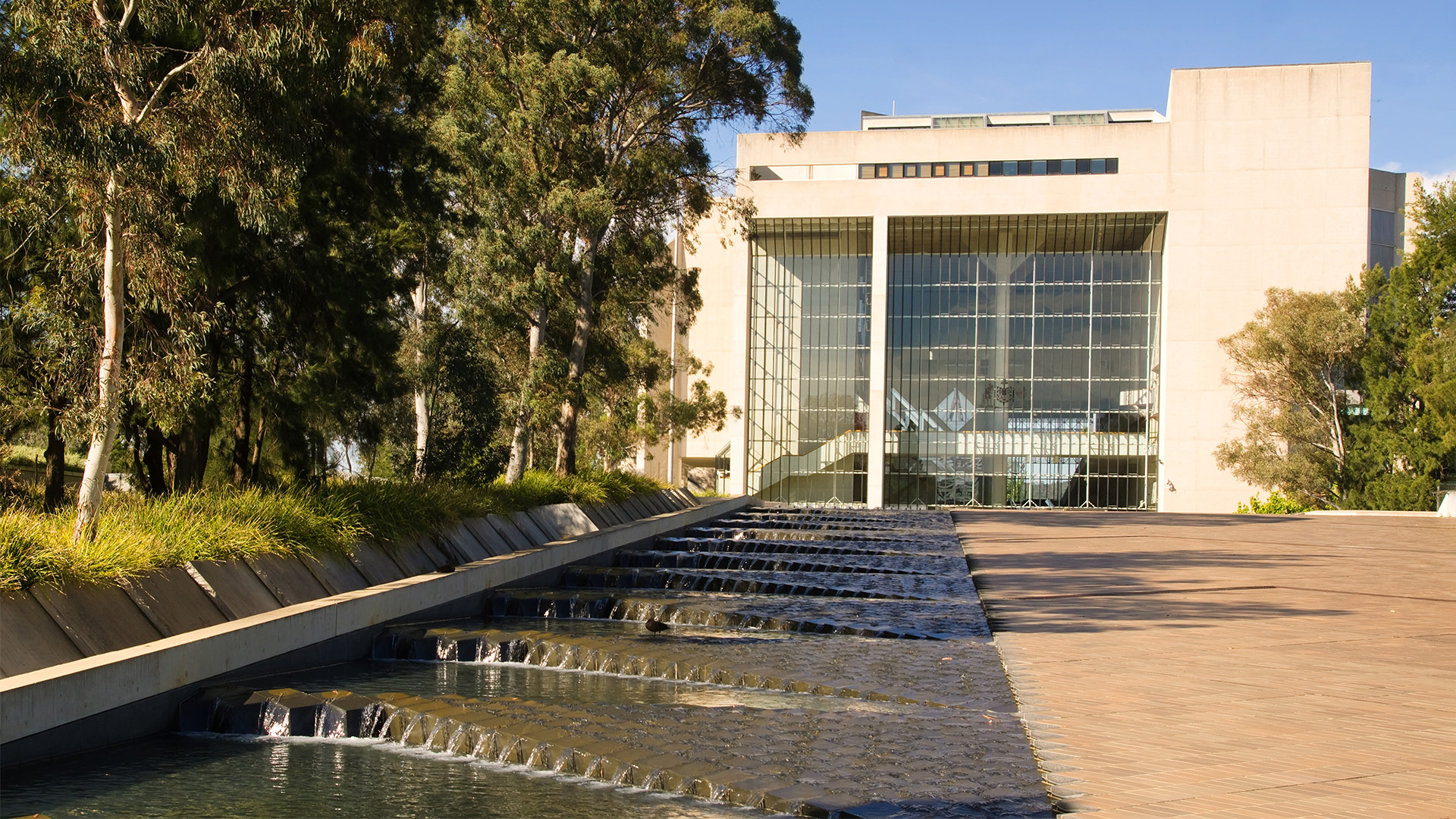
When Arbitration Meets Insolvency: Australian Court Reaffirms Doctrine of Unarbitrability in Enforcing an Arbitration Agreement
In Elecnor Australia Pty Ltd v Clough Projects Australia Pty Ltd the Supreme Court of New South Wales navigated the tension between the Australian statutory insolvency regime and a contractually agreed arbitration agreement, examining the proper interpretation of the parties’ agreement to arbitrate any disputes arising under their contract and whether they were required to refer disputes to arbitration rather than litigate them before the court.
Background
On 8 October 2020, Elecnor Australia Pty Ltd (Elecnor), a subsidiary of the Spanish power infrastructure builder Elecnor SA, entered into a Joint Venture Deed (JV Deed) with Clough Projects Australia Pty Ltd (Clough), an Australian Construction company. The joint venture was established to execute the Engineering, Procurement, and Construction (EPC) contract for building the New South Wales segment of the 900-km Energy Connect high-voltage interconnector with South Australia.
On 31 October 2022, Clough failed to meet an obligation to provide security under the EPC contract. Due to ongoing financial and operational difficulties, Clough entered voluntary administration two months later. Meanwhile, Elecnor exercised its “step-in” rights under the JV Deed and finished the works required under the EPC contract.
On 16 February 2023, Clough entered a Deed of Company Arrangement (DOCA), a mechanism under Australian Corporations law which assists companies in administration to reach agreements with creditors to restructure the business and exit the administration process. Similar statutory mechanisms exist in other countries, such as the “Company Voluntary Arrangements” in the UK. Under the DOCA of Clough, the property of Clough and its related parties must be transferred to the trustees of an administration trust (Trustees).
On 1 July 2024, Elecnor claimed that Clough’s failure to provide security constituted a “Material Default”, triggering its compulsory acquisition rights under the JV Deed. In exercising those rights, Elecnor offered to purchase Clough’s interest in the joint venture for one Australian Dollar. However, the Trustees refuted Elecnor’s compulsory acquisition rights, asserting that the DOCA had transferred all of Clough’s interest to them, thereby barring the acquisition.
Proceedings
Elecnor commenced proceedings at the Supreme Court of New South Wales against Clough and the Trustees to determine the legal effect of the DOCA on its compulsory acquisition rights (the Main Proceeding).
Clough and the Trustees filed a crossclaim, requesting Elecnor to pay them for half of the $110 million bank guarantees and insurance bonds that were called on by the principal of the EPC contract (the Securities Recovery Claim). They also alleged that Elecnor breached quasi-fiduciary and good faith obligations in the JV Deed by making the one Australian Dollar offer (the Bad Faith Breach Claim).
Elecnor argued that both the Securities Recovery Claim and the Bad Faith Breach Claim should be resolved through arbitration rather than court proceedings because the JV Deed contained an arbitration clause (Arbitration Clause). Clough and the Trustees opposed this. They further argued that if their proceedings were stayed, the Main Proceeding should be stayed for similar reasons.
The Court was asked to determine which proceeding or claim should be stayed, necessitating a thorough examination of the Arbitration Clause in the JV Deed.
The Arbitration Clause
The JV Deed incorporates a multi-tiered dispute resolution framework. The framework began with a negotiation procedure overseen by a Steering Committee. If the parties failed to resolve the dispute through the Steering Committee, the clause provided that the parties “may” initiate arbitration.
Clough and the Trustees contended that the use of “may” indicated a choice between arbitration and litigation, suggesting that arbitration was not mandatory. Conversely, Elecnor contended that the Arbitration Clause should not prevent parties from pursuing litigation and that if one party opted for arbitration, it should be mandatory.
The Court held that arbitration was mandatory in this case, confirming that “a court will normally require clear words in a contract before concluding that the parties did not intend to have all their disputes resolved by one tribunal.”1 It also found that the word “may” invoked “a choice between arbitrating the dispute in Singapore or taking it no further”, in accordance with an earlier NSW Court of Appeal decision.2
Which proceeding to stay?
The Court then examined which proceeding or claim should be stayed.
The Court determined that the three proceedings and claims really constituted only two matters:
- a dispute over the engagement and enforcement of the compulsory acquisition process in the JV Deed, encompassing the Main Proceeding and the Bad Faith Breach Claim.
- a dispute regarding Clough’s entitlement to contribution for the call on the security by the principal of the EPC contract, which went to the Securities Recovery Claim.
Both matters were captured by the scope of the Arbitration Clause. Nonetheless, the Court treated them differently due to policy considerations.
The Court found that the first matter was not arbitrable. It dealt with questions under Australian Corporations law and had the potential to affect the substantive rights of creditors. The Court held that “There may be a ‘legitimate public interest’ in seeing a dispute of that type ‘resolved by public institutions’ or in accordance with structures that are established by parliament rather than institutions and structures established by the parties.3
The second matter, on the other hand, only dealt with private rights between the parties. The Court found that none of the same public policy considerations were present.
The Court therefore stayed the Securities Recovery Claim and referred it to arbitration, while allowing the Main Proceeding and the Bad Faith Breach Claim to proceed in Court.
Comments
The Australian Court reached a similar view as that expressed by the Court of Appeal of Singapore in Sapura Fabrication Sdn Bhd and others v GAS and another appeal [2025] SGCA 13, which held that “the right of a party to pursue a claim which is subject to a valid arbitration agreement is typically in direct conflict with the nature of insolvency proceedings. This is not surprising since arbitration and insolvency proceedings are driven by two competing public policy considerations. The enforcement of arbitration agreements upholds party autonomy and freedom to contract, while insolvency proceedings advance the collective interests of the general body of creditors.”4
Although this case does not involve the interplay between a moratorium and an arbitration clause, it has reinstated some basic principles and provided leeway regarding the enforcement of arbitration agreements in an insolvency context. This contrasts with other jurisdictions, where entering a moratorium effectively ends any resort to arbitration for relief.
The case is also instructive in showing how Australian courts have navigated the complex intersection of insolvency and arbitration. By reaffirming the enforceability of arbitration agreement in certain circumstances, despite the operation of a statutory insolvency regime, the Court demonstrated a principled approach that aligns with many arbitration-friendly jurisdictions.
Robin Chai, Law Graduate, Perth, assisted with the preparation of this briefing.
Footnotes
- Elecnor Australia Pty Ltd v Clough Projects Australia Pty Ltd [2025] NSWSC 610 at [79].
- ABB Power Plants Ltd v Electricity Commission of New South Wales t/as Pacific Power (Supreme Court (NSW), Giles J, 5 August 1994, unreported) BC9402904 at [9], cited in Elecnor Australia Pty Ltd v Clough Projects Australia Pty Ltd [2025] NSWSC 610 at [76].
- Elecnor Australia Pty Ltd v Clough Projects Australia Pty Ltd [2025] NSWSC 610 at [110].
- Sapura Fabrication Sdn Bhd and others v GAS and another appeal [2025] SGCA 13 at [1].







